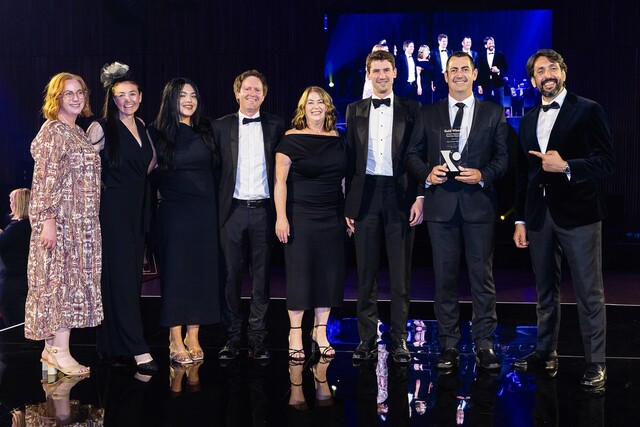Critics of quality assurance (QA) often claim it creates too much paperwork and adds an extra level of bureaucracy to business practices. Staff resist change because they do not understand the purpose and value of QA.
Tony Wilson, specialist quality systems consultant and Quality Manager for Douglas Partners questions those who claim that QA is fundamentally unsatisfactory. His concern is that its critics may only have experienced poorly designed QA systems. The difference, he believes, is how you view the quality system Standard AS9001.
“The simple truth is that AS9001 is NOT a ‘recipe’,” Tony said. “AS9001 should not be seen as replacing or duplicating normal business practices. It is not intended as a ‘prescription’ for a good management system. Rather, it is a series of tests to check your business practices against.”
He lists the following top ten characteristics of a good quality system.
- Functional and ‘user friendly’, reflecting the major processes of the organisation and the way people work.
- Enhancing management control within the organisation by providing information and records in a format which is useful for management overview.
- Flexible enough to suit a range of project applications and customer needs. The objective should be to provide consistency without unnecessarily restricting the way staff carry out their work.
- Facilitating effective communication. Personnel should understand their roles and the roles of others they work with. It should identify any delegation of responsibility and authority, the flow of work and project interfaces.
- Staff should ‘own’ the system by contributing to its establishment and to improving procedures that involve them.
- Provide traceability, measurability and auditability of outcomes.
- Highlight any critical activities and significant risk issues.
- Aid the smooth running of projects and the satisfaction of business goals while reducing or eliminating the risk of errors.
- It should not result in excessive bureaucracy or paperwork.
- It should incorporate mechanisms for ongoing evaluation and continuous improvement.
For further information contact Tony Wilson, telephone (02) 9809 0666.
*Copy supplied by Douglas Partners.
















